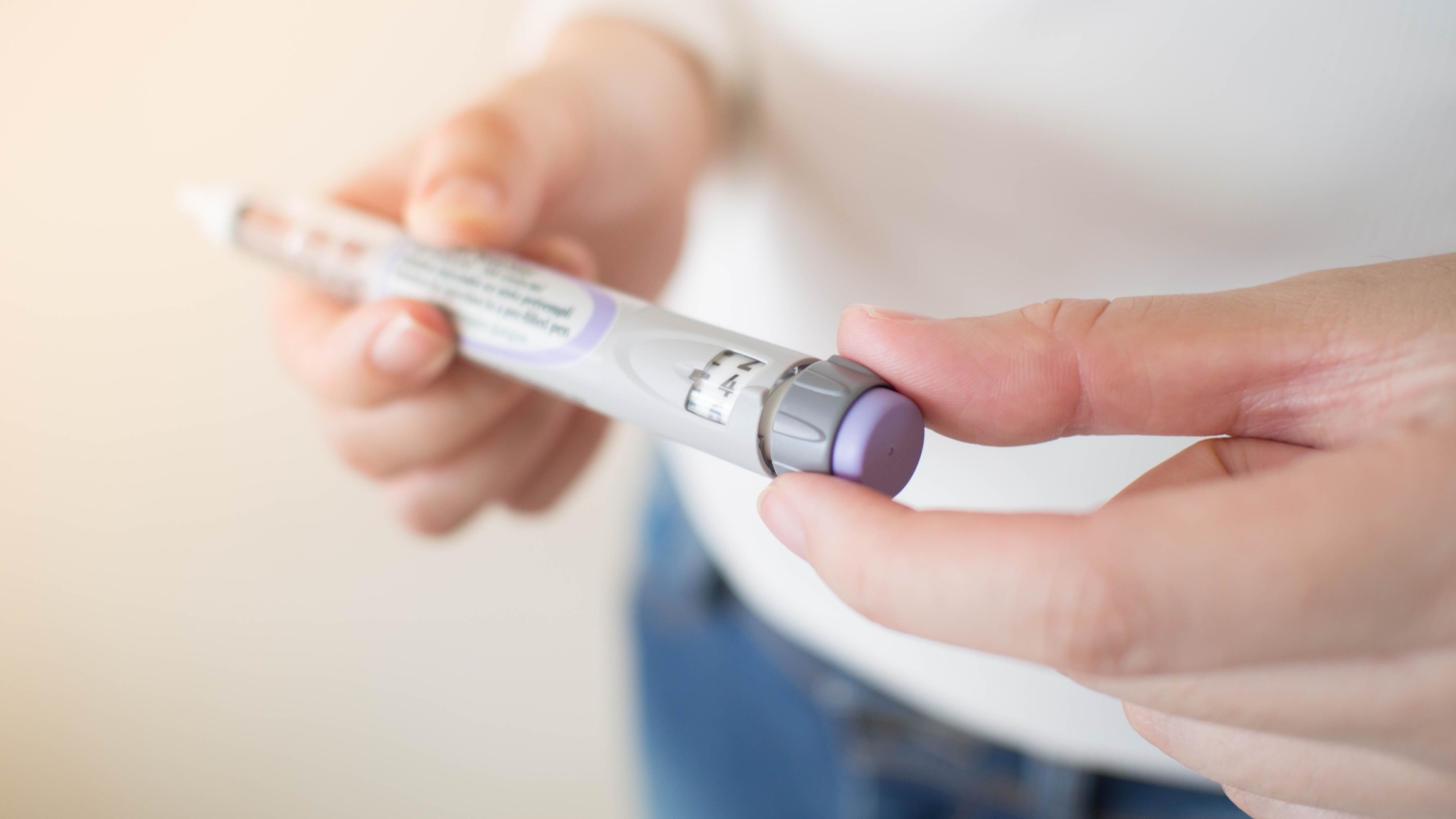U.S. Senator Katie Britt, R-Ala., is bringing awareness to the devastating impact of diabetes across Alabama and fighting to ensure that all Alabamians are able to access the life-saving benefits of affordable insulin. Senator Britt this week discussed the topics during a hearing of the Senate Committee on Appropriations with medical experts and youth diabetes advocates.
While questioning Dr. Griffin Rogers, the Director of the National Institute of Diabetes and Digestive and Kidney Diseases at the National Institutes of Health, Senator Britt noted the high rate of diabetes among Alabamians. Approximately 568,000 people in Alabama, or almost 12 percent of the state’s population, have diagnosed diabetes.
Senator Britt is cosponsoring two pieces of bipartisan legislation to help all Alabamians access insulin. This includes the Affordable Insulin Now Act of 2023, which would cap the price of insulin for all patients, including those who are uninsured, at $35 for a 30-day supply. The bill was introduced by U.S. Senators John Kennedy, R-La., and Raphael Warnock, D-Ga.
In Alabama, direct medical expenses total an estimated $4.2 billion a year for those who are diagnosed with diabetes.
“For many, insulin is essential for their long-term health and survival. Alabamians should not have to make the unthinkable choice about whether to purchase life-saving insulin or another basic necessity like food simply due to the drug’s prohibitive cost,” said Senator Britt. “Additionally, these pieces of legislation would help support our healthcare system by increasing access to insulin for diabetic Alabamians, keeping them healthy so they do not require more costly treatments and extensive medical care down the road. I’ll continue to fight to ensure that every Alabamian, no matter their zip code, can live the American Dream.”
The Affordable Insulin Now Act of 2023 would:
- Require private group or individual plans to cover one of each insulin dosage form (i.e. vial, pen) and insulin type (i.e. rapid-acting, short-acting, intermediate-acting, and long-acting) for no more than $35 per month.
- Require the Secretary of Health and Human Services to establish a program to reimburse qualifying entities for covering any costs that exceed $35 for providing a 30-day supply of insulin to uninsured patients.
- Be fully paid for by an offset to be determined when the bill is voted on the floor.
Additionally, Senator Britt has signed on as a cosponsor of the Improving Needed Safeguards for Users of Lifesaving Insulin Now (INSULIN) Act of 2023, which would comprehensively address the skyrocketing costs of insulin, removing barriers to care and making it more accessible for millions more Americans. This bipartisan legislation was introduced by U.S. Senators Susan Collins, R-Maine, and Jeanne Shaheen, D-N.H.
The INSULIN Act of 2023 would:
- Limit out-of-pocket costs for patients with diabetes by ensuring that group and individual market health plans must waive any deductible and limit cost-sharing to no more than $35 or 25 percent of list price per month for at least one insulin of each type and dosage form.
- Pharmacy benefit managers (PBMs) would be prohibited from placing utilization management tools – prior authorization, step therapy, etc. – on products with capped out-of-pocket costs.
- Mandate PBMs pass through 100 percent of insulin rebates and other discounts received from manufacturers to plan sponsors, reducing perverse incentives in the insulin market that encourage high list prices and helping patients in the form of reduced premiums.
- Promote generic and biosimilar competition to lower costs to patients by:
- Creating a new expedited FDA approval pathway for biologic drugs lacking adequate biosimilar competition, similar to FDA’s current Competitive Generic Therapies pathway. This will improve the timeliness of resolving regulatory barriers slowing down market entry of lower cost products;
- Ensuring adequate oversight of the Food and Drug Administration’s (FDA) citizen petition process, easing approval of generic and biosimilar drugs;
- Allowing Medicare Part D plans to place biosimilar drugs on formulary immediately after entering the market, identical to other generic drugs; and,
- Requiring a report to Congress on issues and market dynamics delaying or restricting biosimilar insulin competition.
According to Axios, 84 percent of Americans support placing a $35-per-month limit on the out-of-pocket costs for insulin. By ensuring that insulin is affordable, the long-term cost of care for patients will decrease and overall health outcomes will improve over time as more Americans are able to prevent complications including heart disease, kidney disease, strokes and other diagnoses. According to the Centers for Disease Control and Prevention, medical costs and lost work and wages for people with diagnosed diabetes total $327 billion yearly, and the American Diabetes Association has asserted that diabetics account for $1 of every $4 spent on health care in the U.S.




















































